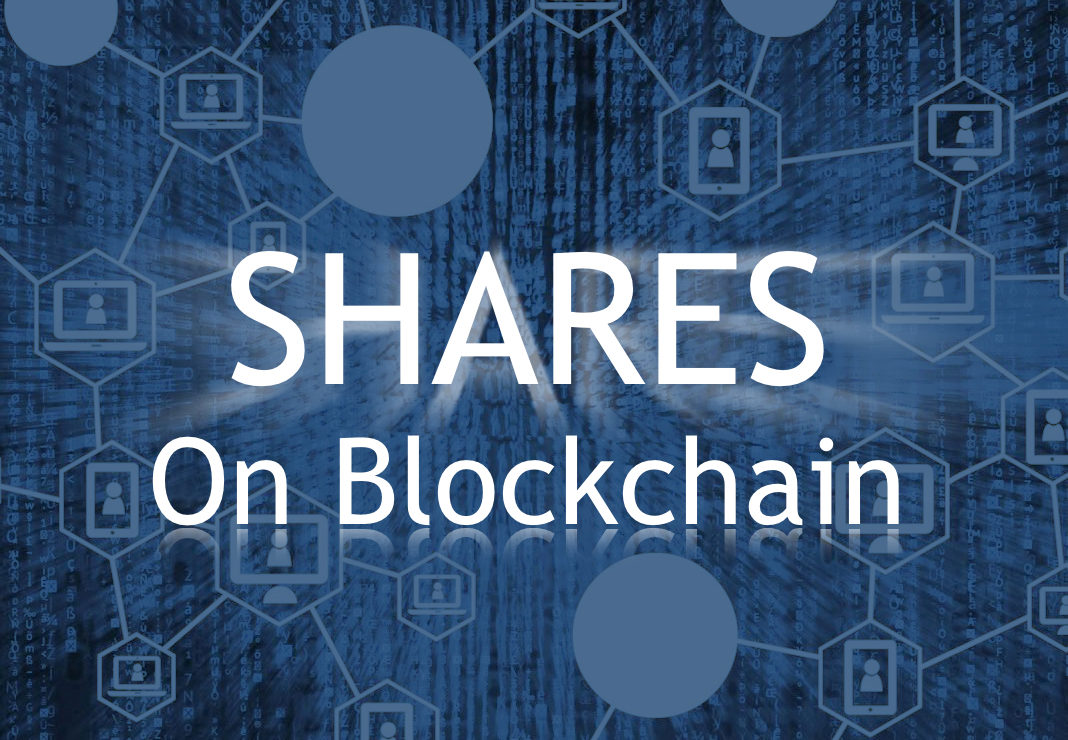The most common form of business in Lithuania is Private Limited Liability Company. The most common way of accounting the shares is via records in the shares account, managed by the company itself. Transfers of shares is defined by the Limited Companies Act and a Civil Code, including a requirement to use a notarial form of contract in case of the transfer of more than a ¼ of shares or if the value of transaction exceeds 14 500 euros. The latter requirement is sometimes bypassed by signing multiple consequent agreements with lower amounts of shares transferred.
Publicity is another issue. The CEO of the company is required to report every change in the structure of the shareholders to the Registry within 5 days since the changes are made. Incompliance may result in an administrative fine. But the public access to the structure of the shareholders is limited and available only upon special request. Full structure of the shareholders is accessible only to privileged subjects – attorneys, public administration and law enforcement.
Moreover, current legislation has gaps which sometimes allows criminals to illegally gain control over the company by presenting forged documents to the Registry.
Introduction of blockchain in shares management may solve all the the issues mentioned above. Shareholders would be able to manage their shared independently, while in conformity with all related regulation.
The essence of the proposed innovation – new form of shares in the limited company – Digital Share Certificate (DSC).
Digital Share Certificate shall hold the following information:
- Name and code of the legal entity
- Number of shares represented by the certificate
- Nominal share value
- Class of shares
- Size of a dividend in case of privileged shares, voting rights and other rights associated*
- Name and other necessary data of the shareholder, encrypted by the Public Key of the Company
- Name and other necessary data of the shareholder, encrypted by the Public Key of the Registry
- Additional information**
* Items 1-6 are the same as required in the paper shares certificate as per Shared Stock Companies Act of Lithuania.
** Additional information field can contain information on limitations and warrants, imposed on the shares by court, registry or law enforcement agencies.
Main features of a blockchain – powered shares management platform
- Every shareholder has full control over his own DSC Wallet – an account on the dedicated blockchain network which holds the DSC. One can hold all his DSCs in one or separate wallets for convenience;
- Every company can always have “live” image of its shareholders. Only authorized persons (directors and accounting) in the company can review the identity of the shareholders using the company’s private key (unless otherwise stated by the law);
- Registry can have “live” image of all DCS and perform all necessary operations.
Share transfer procedure
| Current model | After implementation of the blockchain |
| Shares are accounted in the securities account books. Company CEO is responsible for accounting of the shareholders. | Information on shareholders structure is comprised from the Digital Share Certificates hosted in the blockchain.Company director has access to all shareholder information |
| Once a shareholder decides to sell all or part of his shares, he should inform the CEO of company so the CEO could run the procedure in order to inform other shareholders so they could exercise their right of priority to acquire the shares. | Once a shareholder decides to sell all or part of his shares, a smart contract is activated on the blockchain and all other shareholders are automatically notified about it. |
| It takes up to 30 days for all other shareholders to respond with their position on their right of priority. | It takes up to 30 days for all other shareholders to respond with their position on their right of priority. |
| A contract of share purchase and sell is drafted and signed. In some cases stipulated by the Civil Code, a notary approval is required. | A contract is in digital form, signed by the digital signatures of the parties. Norary is no longer required. |
| CEO is notified about the transaction. | CEO receives an automatic notification from the blockchain about the transfer. |
| CEO has to arrange necessary change sin the shares accounts books. | Shareholder structure is being updated automatically. |
| Within 5 days CEO shall inform the Registry on the updated shareholder structure. | The registry receives automatic updates on the shareholders structure of the company from the blockchain. |
The advantages of the proposed innovation
- Everybody has an access to the up-to-date information on the structure of the company shareholders. The system can be configured in a way that names of every shareholder are public.
- All share transaction history is back-traceable and public.
- Every shareholder has full control over his shares. Not even CEO of the company or malfunction of the registry can influence share management.
- All share transactions are direct and peer-to-peer. Transaction can be done online in any part of the world (or maybe from space in the future).
- Illegal overtaking of the control over the company is eliminated as it is impossible to forge the shares transfer agreement.
- Registry has a “power user” role in the blockchain. In case of legal seizure the Registry could inscribe various court orders and other necessary information into the DCS to make information public to the Company, third parties and potential buyers.
- In the case of shares succession, the Registry could issue the certificate to the successors and burn the certificate of the late owner.
- Upon request of the owner of the DSC in case of loss of access data (wallet no., private key or password), the Registry could issue a duplicate DSC, meanwhile burning the old DSC.
Implementation challenges will be described in the next article.
Comments are welcome.

Leave a comment